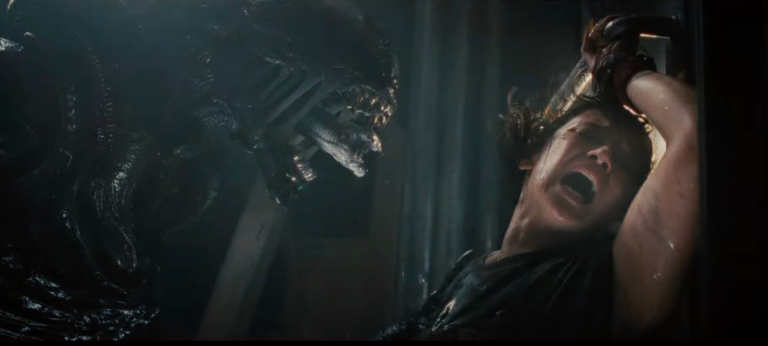The eagerly anticipated film Alien: Romulus is poised to rejuvenate the storied franchise with a fresh perspective, steering clear of the pitfalls that beleaguered David Fincher’s Alien 3. The science fiction landscape owes much to the Alien series, a seminal force since its inception in the late 20th century. With Alien: Romulus, Director Fede Álvarez aims to capture the essence of the original terror that captivated audiences, while introducing elements designed to resonate with modern viewers.

The Legacy and Challenges of the Alien Franchise
The Alien franchise’s journey has been a rollercoaster of critical receptions, as noted by varying scores on platforms like Rotten Tomatoes. The series saw its zenith under the guidance of directors such as James Cameron and Ridley Scott, but encountered turbulence when David Fincher, a novice in feature films at the time, took the helm for Alien 3. While Fincher’s later works have garnered acclaim, his initial foray with Alien 3 struggled to match the high expectations set by its predecessors, leaving fans and critics underwhelmed.
The film attempted to wrap up the saga as a trilogy but faltered, failing to offer the thrilling and engaging conclusion that fans hoped for. This misstep notably affected the series’ legacy, setting a challenging precedent for any subsequent entries.

A Fresh Start with Alien: Romulus
In an era where the sci-fi genre frequently blends with horror to evoke deeper emotional responses from the audience, Álvarez recognizes the importance of maintaining a shroud of mystery and fear around the alien creature. In his recent discussion with Fandango, accompanied by Ridley Scott, Álvarez elaborated on the lessons learned from Alien 3. He emphasized that the creature in Fincher’s film wasn’t sufficiently menacing or mysterious, which significantly detracted from the movie’s impact.
“It was not scary enough… And you could see it too much, and the creature had lost some of that juice,”
Álvarez remarked. He pointed out that the visibility of the creature diminished its fear factor, a crucial element he intends to preserve in Alien: Romulus.
Álvarez aims to reintroduce the alien in a manner that aligns with the series’ roots yet adapts to contemporary cinematic techniques. The new installment promises not only to enhance the alien’s enigmatic and intimidating presence but also to weave these traits seamlessly into a narrative that keeps viewers on the edge of their seats.

Addressing a New Generation and Honoring the Old
Acknowledging the broad appeal of the Alien series, Álvarez is mindful that the film will attract a diverse audience, including younger viewers. He stresses the importance of crafting a film that appeals to both long-time fans and newcomers. By balancing homage to the original films with the introduction of novel elements, Alien: Romulus seeks to establish a new chapter that respects its roots while pushing the boundaries of the genre.
With Ridley Scott’s endorsement of the challenges involved in minimizing the reliance on the creature itself for scares, Álvarez’s approach could very well be the key to revitalizing the franchise. The anticipation builds as Alien: Romulus promises to deliver a compelling blend of mystery, horror, and science fiction, potentially redefining what it means to be a part of the Alien legacy.
As the release date draws near, both new and veteran fans of the franchise are on the lookout for what could be a pivotal moment in the Alien saga’s history. Will Alien: Romulus successfully restore the series to its former glory? Only time will tell, but the prospects appear promising, hinting at a new era of terror that beckons to be explored.
